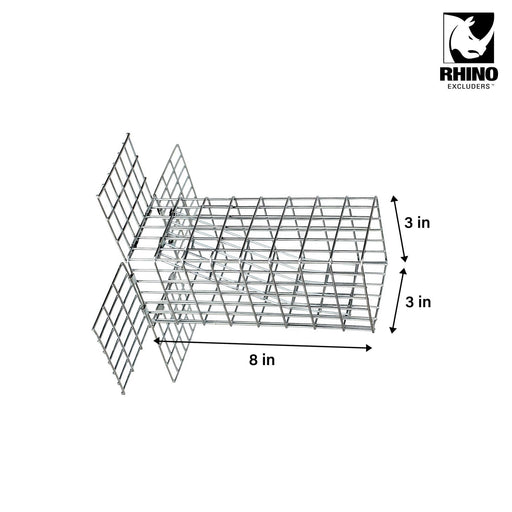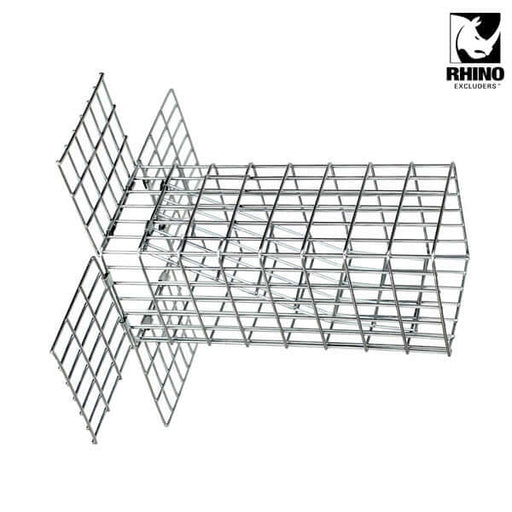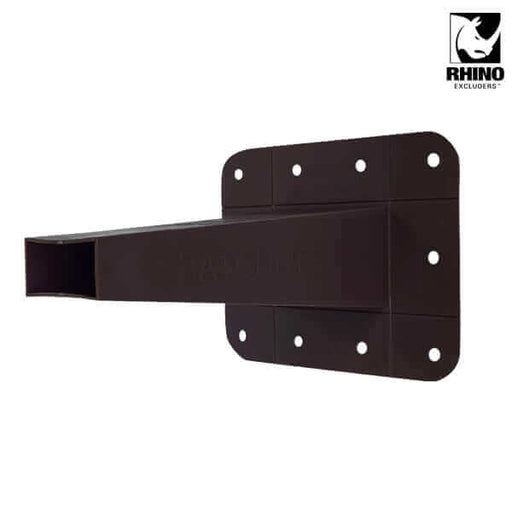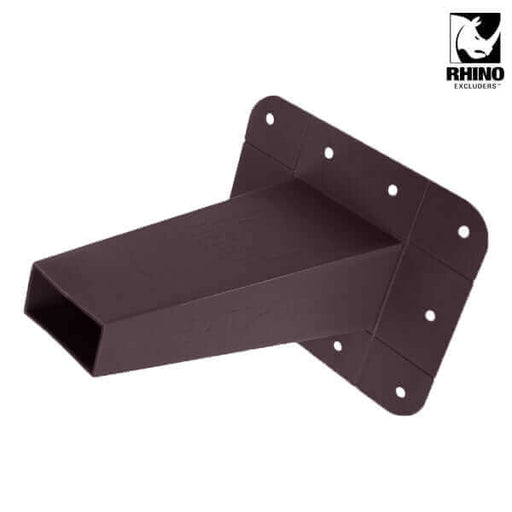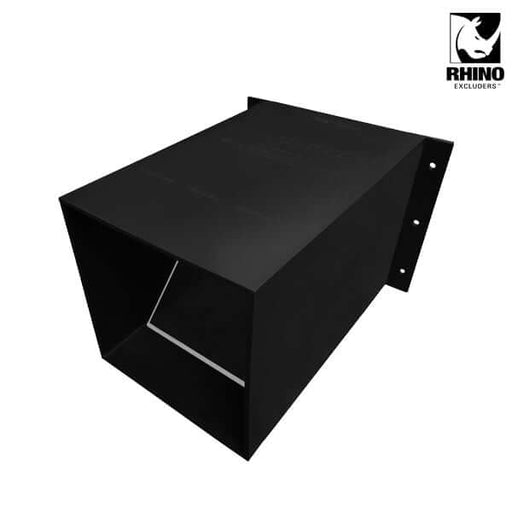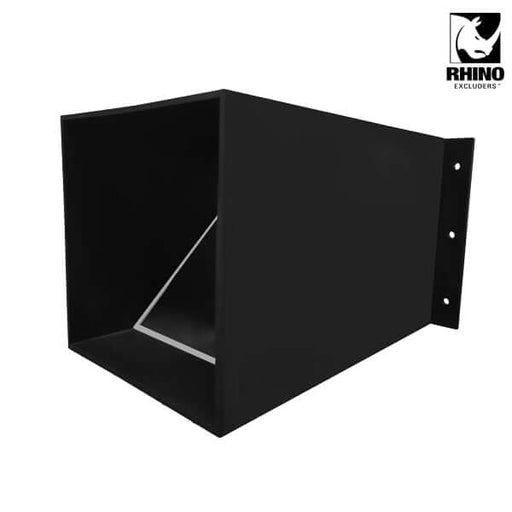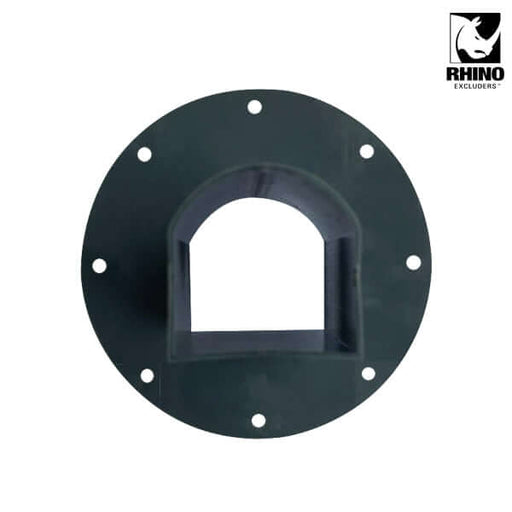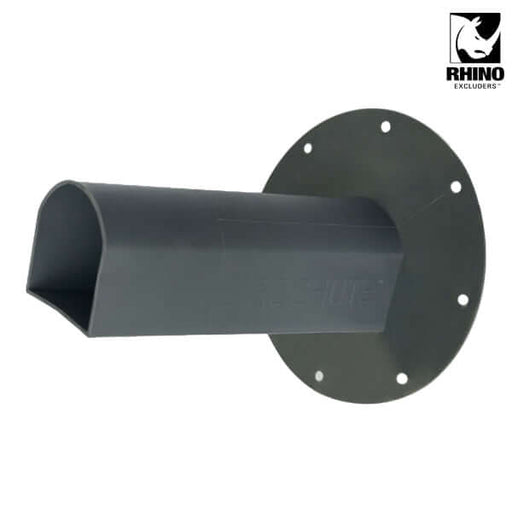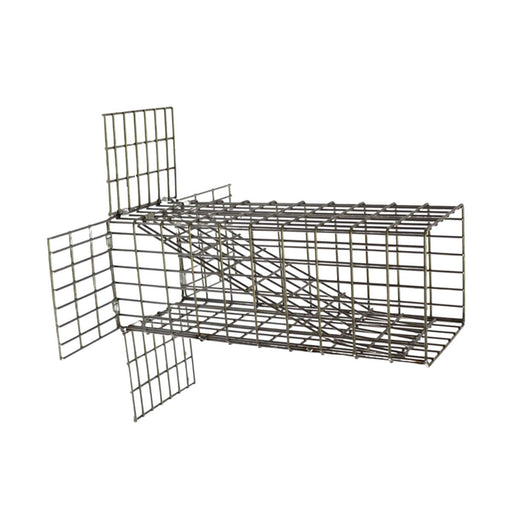
Are Squirrels Nocturnal? Their Sleep and Other Habits Explained
Nocturnal vs Diurnal vs Crepuscular Schedules
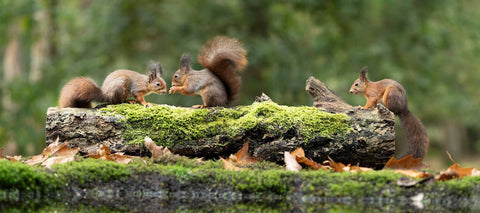
Digging Deeper: Just Squirrely Things
Overall, their energy peaks when the sun is up and winds down as darkness falls. Now, let's look at how seasons and environments can influence their behavior.
How Habitats Shape Daily Squirrel Routines
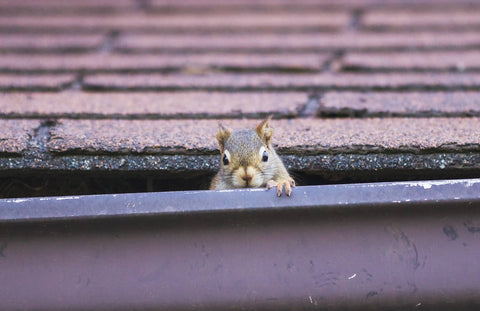
Avoiding Unnecessary Squirrel Run-Ins
- Focus on exclusion vs eradication - Look for points of entry where squirrels may be accessing the areas you want to protect. Seal openings in attics, eaves, and foundations humanely with wire mesh, screening, or one-way exclusion doors.
- Manage attractants - Don't leave pet food outside and clean up any nuts or fruits that fall from trees. If possible, use animal-proof garbage cans and compost bins.
- Protect plants/structures - Use wire mesh or other barriers to safeguard flower beds, gardens, and vulnerable areas from squirrel digging. Prune overhanging branches to discourage access.
- Provide alternatives - Offering corn cobs, peanuts, or other natural foods in open spaces away from gardens can help satisfy squirrel appetites.
- Check for damage - Routinely inspect for entry points or signs of chewing that should be sealed. Look for nesting materials that indicate nests that should be humanely removed.
Knowing When to Take Action
- New holes or entry points appear in the eaves, attic, or foundation that require sealing. Squirrels are remarkably adept at chewing through materials.
- You hear scampering in walls/ceilings or see nesting materials indoors indicating an indoor nest that must be removed.
- Squirrels start gnawing on wood structures, and furniture, or landing on balconies/patios where they could start chewing or nesting.
- Visible or excessive damage in gardens, flower beds, or lawns from digging or eating.
- Trash cans are frequently overturned with garbage strewn across the yard no matter how well you secure the lids.
- Squirrels don't seem deterred by humane tactics and are becoming bolder in the damage they cause.
Conclusion
Rhino Excluders™ Collection
-
Original price $54.99Original price $54.99 - Original price $54.99Original price $54.99Current price $44.99$44.99 - $44.99Current price $44.99
R108 - Rhino Excluders® Raccoon One Way Door
Rhino Excluders®In stockABS Plastic body | Light weight | 10” x 8” x 1” Are you tired of dealing with persistent raccoon intrusions? Say goodbye to those frustrating encou...
View full detailsOriginal price $54.99Original price $54.99 - Original price $54.99Original price $54.99Current price $44.99$44.99 - $44.99Current price $44.99Save 18% -
Original price $32.99 - Original price $32.99Original price$32.99$32.99 - $32.99Current price $32.99
S33 - Rhino Excluders® One Way Squirrel Door
Rhino Excluders®In stockS33 Rhino Excluders® One Way Squirrel Door (for Squirrels, Chipmunks, Rats & Similar Size Rodents) 14 Gauge | 8” x 3” x 3” Introducing the S33 ...
View full detailsOriginal price $32.99 - Original price $32.99Original price$32.99$32.99 - $32.99Current price $32.99 -
Original price $24.99Original price $24.99 - Original price $24.99Original price $24.99Current price $21.99$21.99 - $21.99Current price $21.99
Rhino Excluders® BATCHUTE™ One Way Bat Door
Rhino Excluders®In stockRhino Excluders® BATCHUTE™ One Way Bat Door Polypropylene (PP) Plastic body | 7” x 6.5” x 5” BATCHUTE™ One Way Bat Door is designed to humanely rem...
View full detailsOriginal price $24.99Original price $24.99 - Original price $24.99Original price $24.99Current price $21.99$21.99 - $21.99Current price $21.99Save 12% -
Original price $64.99Original price $64.99 - Original price $64.99Original price $64.99Current price $49.99$49.99 - $49.99Current price $49.99
Rhino Excluders® PROCHUTE™ One Way Door for removal of Raccoons, Skunks, Groundhogs, Opossums
Rhino Excluders®In stockRhino Excluders® PROCHUTE™ One Way Door Durable 5mm ABS Plastic body | 11” x 9” x 7” Prochute™ Excluder is perfect for removing raccoons, skunks, o...
View full detailsOriginal price $64.99Original price $64.99 - Original price $64.99Original price $64.99Current price $49.99$49.99 - $49.99Current price $49.99Save 23% -
Original price $24.99Original price $24.99 - Original price $24.99Original price $24.99Current price $21.99$21.99 - $21.99Current price $21.99
Rhino Excluders® BIRDCHUTE™ One Way Bird Door for removal of Birds
Rhino Excluders®In stockRhino Excluders® BIRDCHUTE™ One Way Bird Door Polypropylene (PP) Plastic body | 7” x 6.5” x 6.5” Birdchute™ One Way Bird Door is perfect for removi...
View full detailsOriginal price $24.99Original price $24.99 - Original price $24.99Original price $24.99Current price $21.99$21.99 - $21.99Current price $21.99Save 12% -
Original price $34.99 - Original price $34.99Original price$34.99$34.99 - $34.99Current price $34.99
S35 Rhino Excluders® One Way Door For Squirrels, Chipmunks, Rats & Similar Size Rodents
Rhino Excluders®In stockS35 Rhino Excluders® One Way Door For Squirrels, Chipmunks, Rats & Similar Size Rodents 14 Gauge | 10” x 3.5” x 3.5” Introducing the S35 Rhino ...
View full detailsOriginal price $34.99 - Original price $34.99Original price$34.99$34.99 - $34.99Current price $34.99



